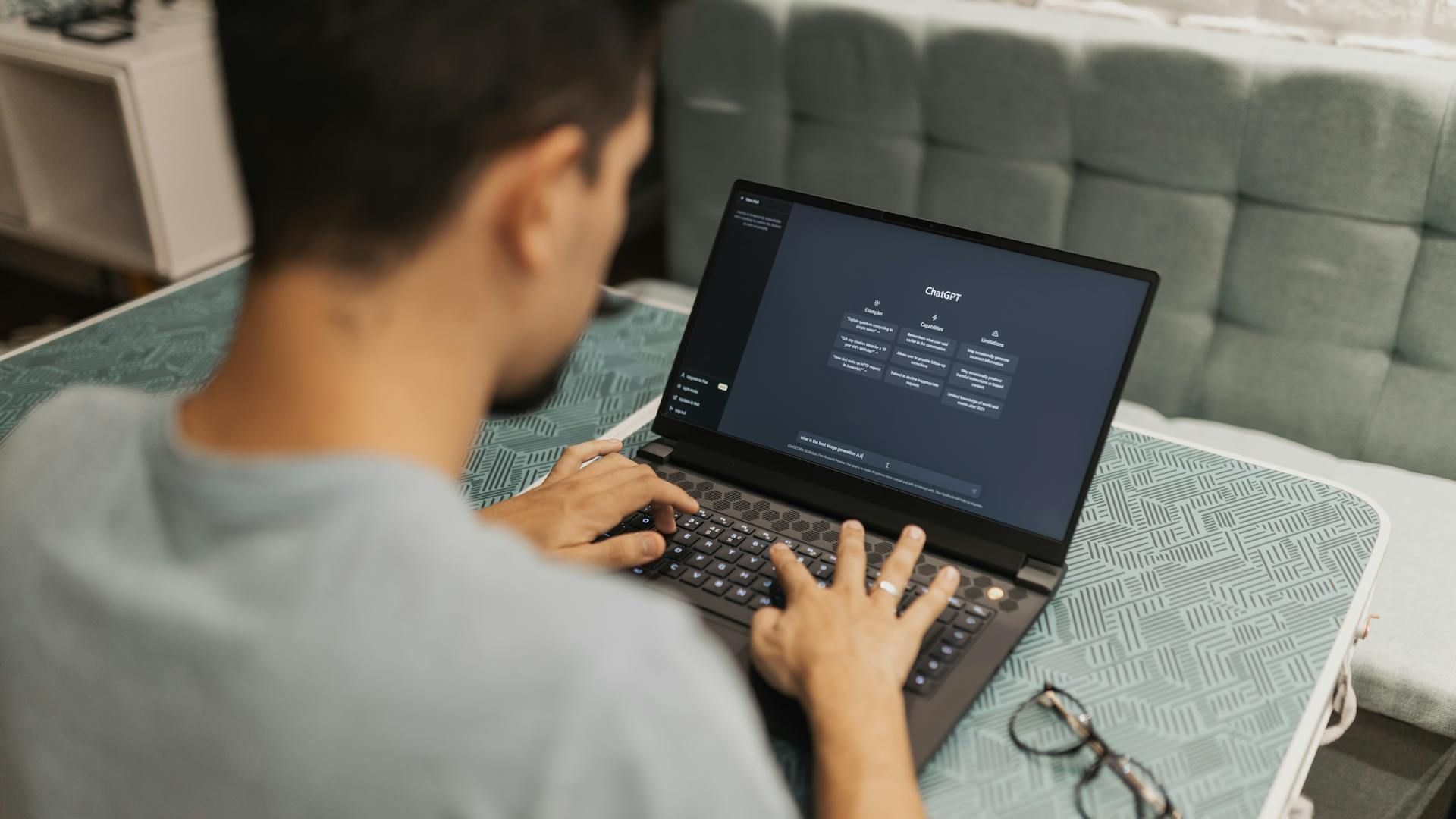Developer Offer
Try ImaginePro API with 50 Free Credits
Build and ship AI-powered visuals with Midjourney, Flux, and more — free credits refresh every month.
How Graduating Before ChatGPT Saved My Education
The arrival of ChatGPT in 2022 sparked a fierce debate in the world of education. Is it a tool that undermines critical thinking, or a powerful asset that can enhance learning? As someone who graduated from university over five years ago, I've seen the digital landscape for students change dramatically, and I can't help but reflect on how my own academic journey would have been different.
It's easy for graduates of my era to say we're glad we didn't have these shortcuts. While I firmly believe that having access to ChatGPT would have harmed my studies in some ways, I also recognize one critical area where it could have been a game-changer.
The Hidden Dangers of AI-Generated Essays
As a History major, my university life revolved around writing essays. The temptation to use ChatGPT for my less-relevant General Education classes—like cellular biology—would have been immense. My only goal in those courses was to pass, not to master the subject. Theoretically, I could have prompted ChatGPT for a few paragraphs, rewritten them, and saved precious time for my major-related work.
I’m glad that wasn’t an option. For my core history classes, every essay was a stepping stone. I invested time in research, learning from my mistakes, and building a foundation of knowledge for my final thesis. Using an AI to draft those essays would have severely damaged my educational development.
Even for those 'irrelevant' classes, using ChatGPT would have been a risky gamble. Generative AI has several well-known flaws that are easy for educators to spot:
- It often plagiarizes existing work without citation.
- It fabricates credible-sounding but nonexistent sources.
- It hallucinates facts and information.
- It pulls in irrelevant references to pad out arguments.
At best, I would have lost marks; at worst, I could have faced accusations of plagiarism. It simply wouldn't have been worth the risk.
The Lost Satisfaction of Genuine Achievement

There is a unique and profound satisfaction that comes from solving a difficult problem on your own. That feeling became my primary motivation in university. My goal was never a perfect GPA but to become a smarter, more capable thinker. I kept all my old essays to track my progress, and seeing how much I had improved fueled my desire to keep pushing forward.
Leaning on ChatGPT would have hollowed out that sense of accomplishment. Even if used just for research assistance or proofreading, I would have felt that my achievements weren't entirely my own. This diminished pride could have eroded my motivation, making me more reliant on the AI and less resilient when facing tough academic challenges.
Why AI Can't Replace a Professor's Guidance

Many argue that using AI to answer questions is no different than a Google search. While you can fact-check an AI's response, the bigger issue for me is that ChatGPT isn't human. It can simulate a conversation, but it can't replicate the experience of interacting with a real person.
I cherished the conversations I had with my professors. They didn't just provide answers; they offered decades of experience and insight. Our discussions often sparked new ideas and theories that could only have emerged from a genuine human connection. ChatGPT is a powerful information processor, but it cannot create truly novel ideas or offer the nuanced mentorship a professor can. By relying on AI, I would have missed out on the spontaneous, collaborative moments that made my education truly valuable.
Building a Career on Real Research Skills
 Source: Pexels
Source: Pexels
The single most valuable skill I learned as a History major was how to research effectively—how to find credible sources, identify relevant information, spot biased conclusions, and synthesize it all into a coherent argument. These skills are the foundation of my career today.
ChatGPT circumvents this entire process. Every shortcut taken with an AI would have been a missed opportunity to practice and hone the critical research skills that I now rely on daily. It would have been a direct sabotage of my future career.
The One Way I Wish I Had AI in College
Despite my reservations, there is one area where I wish I had a tool like ChatGPT. I always struggled with traditional studying—making flashcards and highlighting textbooks felt tedious. My best study method was working with a partner, but that was often difficult to arrange.
Modern AI tools like ChatGPT's Study Mode can create quizzes and tests from your notes in seconds. The ability to upload a document and have an AI instantly generate practice questions would have been an incredible study aid. In this scenario, the AI prompts the student to learn and recall information, reinforcing good note-taking and making studying more interactive and efficient.
A Final Verdict on AI in Higher Education
Although I see the value in AI as a study aid, I believe the potential harms of generative AI in college still outweigh the benefits. AI tools like ChatGPT and Gemini are here to stay, and the conversation around their use is crucial. I'm grateful ChatGPT wasn't around during my university years, but if I were a student today, I would cautiously explore how to use it responsibly as a supplemental tool, not a shortcut.
Compare Plans & Pricing
Find the plan that matches your workload and unlock full access to ImaginePro.
| Plan | Price | Highlights |
|---|---|---|
| Standard | $8 / month |
|
| Premium | $20 / month |
|
Need custom terms? Talk to us to tailor credits, rate limits, or deployment options.
View All Pricing Details

